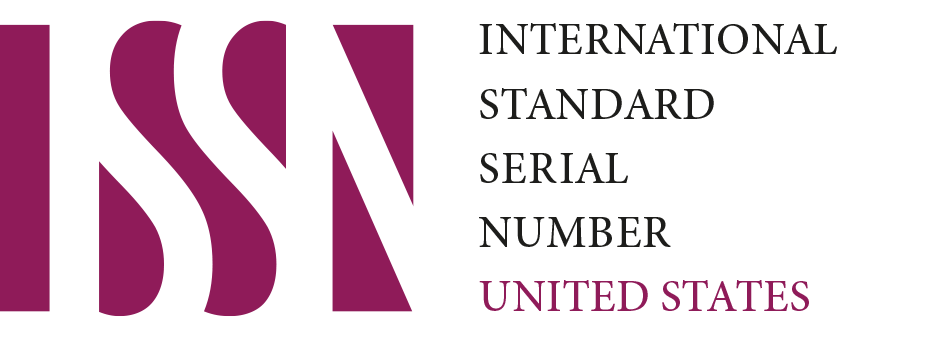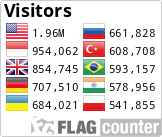Employee Development Strategies to Improve Skills and Job Satisfaction
DOI:
https://doi.org/10.59613/global.v2i9.292Keywords:
Employee development, skill improvement, job satisfaction, training programs, mentorship, organizational goalsAbstract
Employee development is a critical component for enhancing both skills and job satisfaction within organizations. This study explores various strategies for employee development, focusing on their effectiveness in skill improvement and overall job satisfaction. Through a comprehensive literature review and empirical analysis, the study identifies key development strategies, such as on-the-job training, mentorship programs, professional development workshops, and continuing education opportunities. The findings reveal that these strategies not only contribute to the enhancement of employees' technical and soft skills but also significantly improve their job satisfaction levels. Furthermore, the study highlights the importance of aligning development programs with organizational goals and employees' career aspirations to maximize their effectiveness. It also examines the role of management in fostering a culture of continuous learning and the impact of personalized development plans on employee motivation and retention. The research underscores the necessity of regular feedback and assessments to adapt development strategies to the evolving needs of the workforce. In conclusion, the study emphasizes that a well-structured employee development strategy is essential for sustaining a competitive edge in today's dynamic business environment. By investing in employee development, organizations can cultivate a skilled, satisfied, and loyal workforce, leading to improved performance and organizational success. Future research should focus on the long-term impacts of these strategies on employee career progression and organizational outcomes, considering the rapid technological advancements and changing job market dynamics.
Downloads
Published
How to Cite
Issue
Section
License
Copyright (c) 2024 Hasman Budiadi, Muhammad Hasbi, Setiyowati Setiyowati

This work is licensed under a Creative Commons Attribution 4.0 International License.













